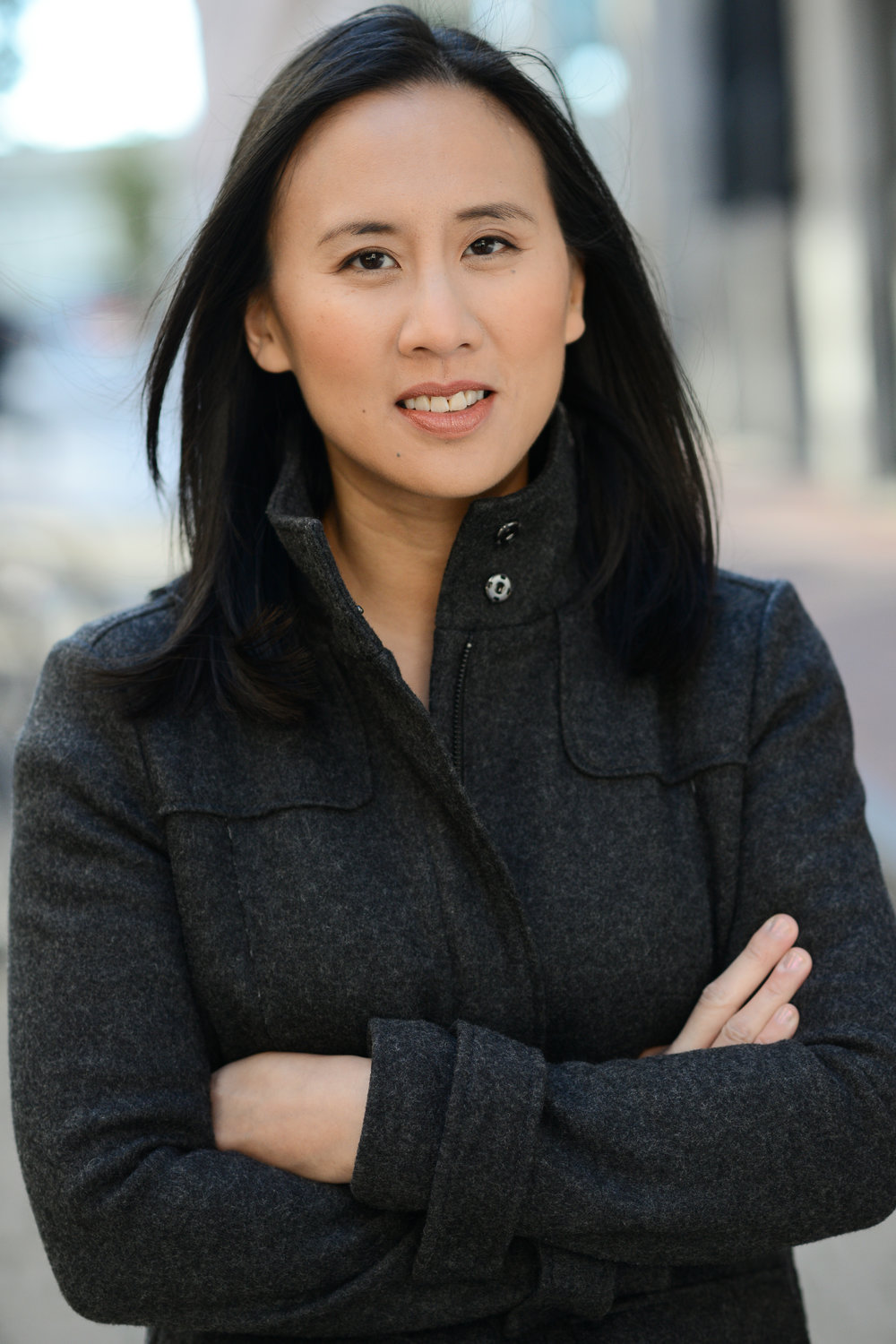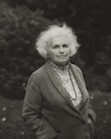Erika Dreifus at the Practicing Writer posted about this recently, and it was too interesting not to discuss here.
Admission to college is getting tougher ever year, and as the New York Times reported, highschoolers hoping for an edge can now seek help from independent college counselors. But what about applicants to MFA programs? Well, now there’s help for them too: Abraham Leslie Consulting, which bills itself as “the first-ever consulting firm designed exclusively for applicants to Master of Arts (M.A.), Master of Fine Arts (M.F.A.), and doctorate (Ph.D) in Creative Writing Programs.” The consultants, all of whom are recent graduates of the Iowa Writers’ Workshop, offer several services to would-be MFA students: critiques of poetry and fiction portfolios; critiques of Statements of Purpose; and help in creating a list of programs to apply to.
I admit that upon hearing this, I had mixed feelings. The sheer existence of this company is encouraging; it signals that–despite hand-wringing about the death of the short story, the novel, and publishing in general–interest in creative writing is still high. Furthermore, the FAQ page notes that “Abraham Leslie is, at base, a one-on-one tutorial service, no different in aim or concept than the sort of undergraduate courses or private workshops for which young writers routinely–and with excellent results–pay some form of tuition or admission fee.” This seems like a fair point. As a writer and a teacher, I believe that critiques are incredibly helpful to new writers (second only to prolific and diverse reading). So on the one hand, Abraham Leslie may just be another avenue for aspiring authors to get thoughtful feedback.
At the same time, though, does the company’s explicit focus on “admission to the top programs in this extremely competitive field of study” place it in a different class? Are we putting too much emphasis on Getting Into A Graduate Program? The ultimate goal here seems to be admission, with improving one’s writing as secondary–merely a means to that end. And that implies that being accepted into a program is the measure of whether one’s work is successful–a dubious metric.





